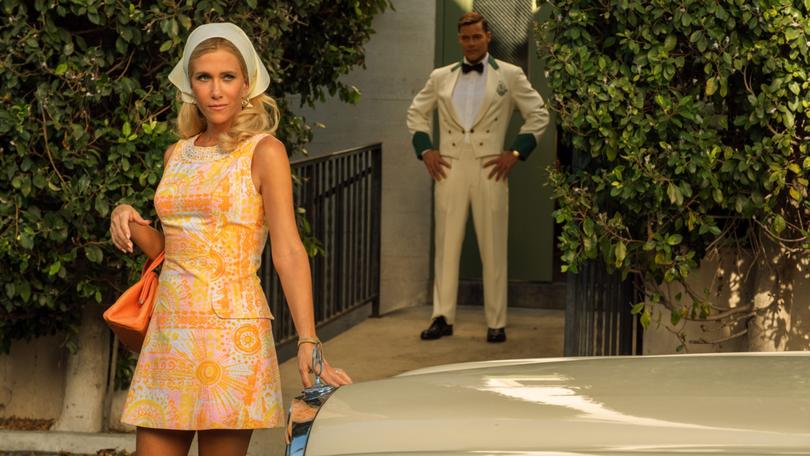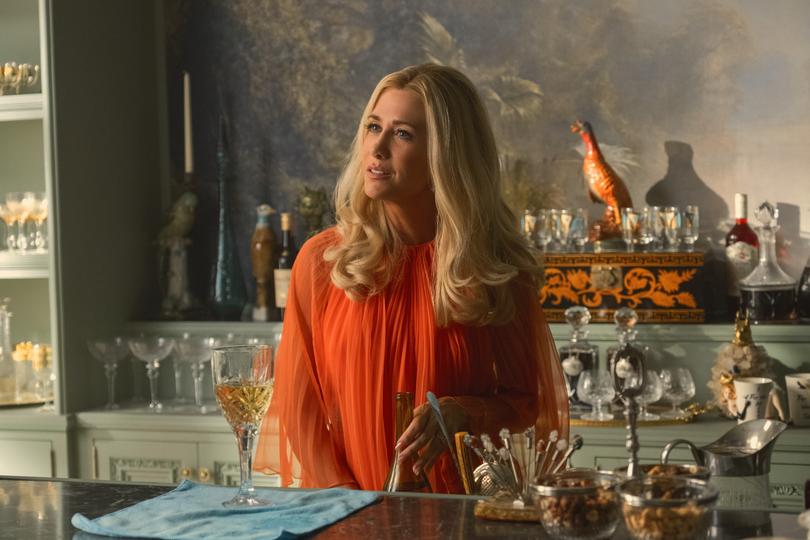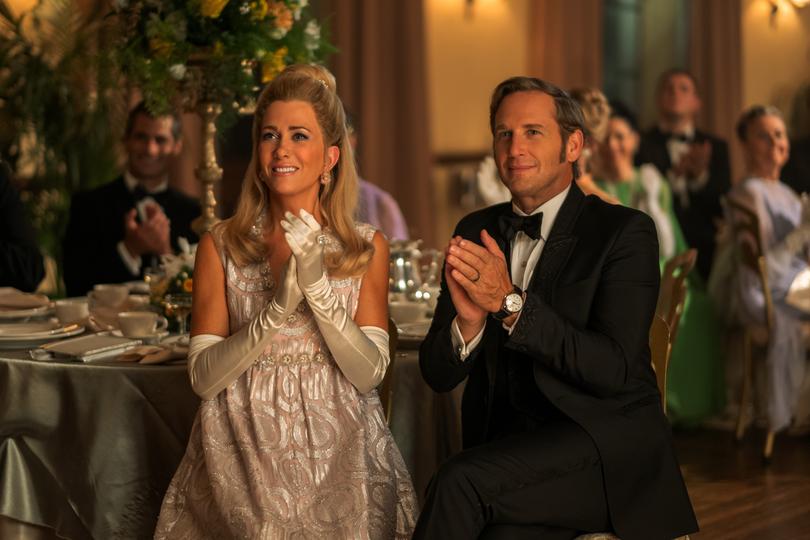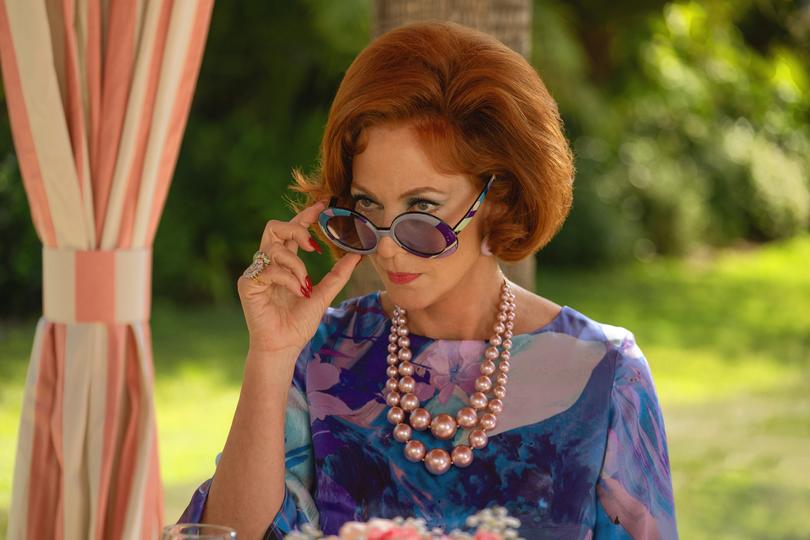Palm Royale: Kristin Wiig and Allison Janney at war in comedy about super-rich Palm Beach, Florida, community
In a battle between Kristin Wiig and Allison Janney for control of the super-rich community of Palm Beach, Florida, who would you put your money on?

If you think a life spent sipping cocktails by the pool and swanning around fundraisers in lush gowns is the epitome of glamorous leisure, think again.
Turns out, it takes a lot of effort to keep yourself in that kind of lifestyle. No, not the burdens of marrying rich or shoring up a steady torrent of passive income so you’d never have to “work”. We’re talking about the exhausting mental gymnastics of ensuring your position is never challenged by an upstart.
In the drama-comedy Palm Royale, that would-be usurper is Maxine Simmons, a scheming social climber trying to embed herself in the upper echelons of the Palm Beach elite.
Sign up to The Nightly's newsletters.
Get the first look at the digital newspaper, curated daily stories and breaking headlines delivered to your inbox.
By continuing you agree to our Terms and Privacy Policy.Adapted from the 2018 novel Mr & Mrs American Pie, Palm Royale is set in 1969 in a rich, beachside community ruled by the moneyed women who run its social scene.


The queen bee is Evelyn (Allison Janney), the most feted of the crew whose approval and disapproval are gospel. Maxine (Kristin Wiig) is a newcomer, she arrives in town with dreams as big as her eyes, and some flexible ethics.
She has a connection to Norma Delacourt (Carol Burnett), the vegetative grand dame of the scene, and promptly relieves the woman of her wardrobe and her jewels, all in the name of her ambitions.
The clash between Maxine and Evelyn plays out on the tennis court, by the bar, in the dressing room of the town’s couturier. There are twists and turns and shifting alliances, but their passive-aggressive sniping makes for delicious viewing.
The cast also includes Laura Dern, Ricky Martin, Leslie Bibb, Josh Lucas, Kaia Gerber and Amber Chardae Robinson.
While Palm Royale skewers the pettiness of the wealthy, it’s more diverting than eating the rich. And its characters are predominantly archetypes in a series that doesn’t always nail the tone. It’s more camp than Desperate Housewives and not as biting as Stepford Wives.
But it is visually ravishing. The costumes are colourful and dynamic while the production design is luxurious. If nothing else, it’s wonderful to look at.
The social climber label has such a negative ring to it, used to describe people daring to strive beyond their “station” but the caste system is built on reinforcing an existing ecosystem built on privilege and exclusion.
So, characters like Maxine should be heroes. Not Maxine specifically because she doesn’t want to smash the walls, she just wants to climb over them (as she literally does into the country club in the first episode) and be part of that world, not dismantle it.

Of course, what we know is that in 1969, that social order Maxine is so desperately to be a part of, which Evelyn is trying to preserve, is coming down outside of Palm Beach. It’s a time of momentous change in the US with the backdrop of the Vietnam War, the Civil Rights movement, and after a decade of shocking political assassinations.
It’s difficult to not think about the wider context of that time and how its characters are so obsessed with their little bubble, trapped under a 1950s glass dome where the highest stakes are who will lord over the end-of-season soiree.
There are small incursions into Palm Royale, such as the town bookstore, where “hippies” meet up for talk circles. Martin’s Robert is guided to an LGBTQI book with the names of Palm Beach’s hidden community.
But mostly, Palm Royale is concerned with the trivial, low-stakes shenanigans of silly rich people and while that’s amusing, it’s hardly essential.
Palm Royale is streaming on Apple TV+

